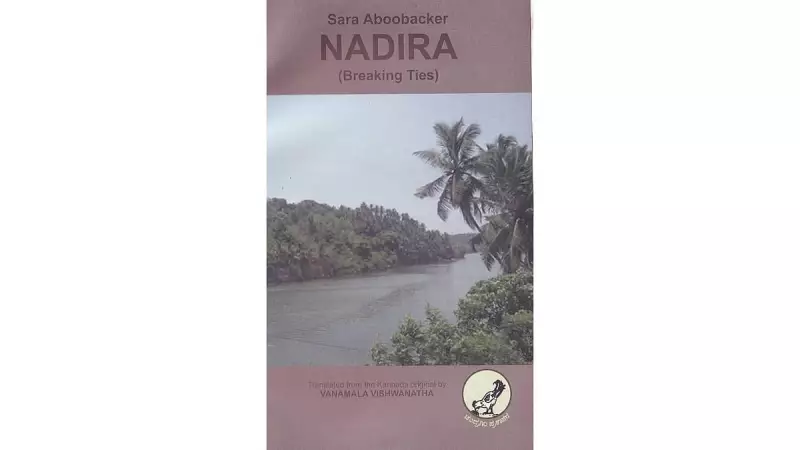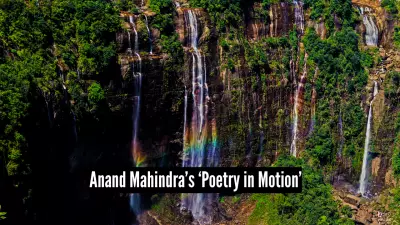
As Karnataka celebrates Rajyotsava month this November, book lovers have a special reason to rejoice. Literary enthusiasts can now explore the rich tapestry of Indian regional literature through six carefully selected translated works that bring Kannada and other regional stories to English-speaking audiences.
Celebrating Literary Diversity Through Translation
The month of Rajyotsava provides the perfect opportunity to delve into the vibrant world of Indian regional literature. Translation serves as a crucial bridge, allowing readers to access stories from different linguistic traditions while preserving the cultural essence of the original works. This curated list represents some of the finest examples of literary translation available today.
November marks Rajyotsava month, a time when Karnataka's formation is celebrated across the state. What better way to honor this occasion than by exploring the literary wealth of the region through these accessible English translations?
Six Literary Gems for Your Reading List
The selection includes works that span various genres and themes, each offering a unique window into Indian storytelling traditions. From contemporary fiction to historical narratives, these books demonstrate the remarkable diversity of Indian literature.
H.S. Shivaprakash's 'The Word Is God' leads the recommendations, featuring translations of 12th-century Vachana poetry. This collection brings to life the revolutionary spiritual verses composed by Shiva worshippers during the Veerashaiva movement, making ancient wisdom accessible to modern readers.
Next comes 'The Life and Times of Bankim Chandra Chattopadhyay' by Chandi Prasad, translated from Bengali by Sukhendu Mazumdar. This biography offers fascinating insights into the author who gave India its national song 'Vande Mataram,' providing historical context to this iconic literary figure.
Gulzar's 'Green Rain', translated by Sunjoy Shekhar, presents a beautiful collection of poems that showcase the renowned filmmaker and poet's lyrical mastery. The translations successfully capture the emotional depth and simplicity that characterize Gulzar's original Urdu works.
Contemporary Voices and Regional Stories
The list continues with 'The Liberation of Sita' by Volga, translated from Telugu by T. Vijay Kumar and C. Vijayasree. This feminist retelling of the Ramayana from Sita's perspective has gained critical acclaim for its fresh interpretation of the epic narrative.
M. Mukundan's 'Delhi: A Solitary City', translated from Malayalam by Fathima E.V. and Nandakumar K., paints a vivid portrait of India's capital through the eyes of a young man from Mahe. The novel explores themes of migration, identity, and urban transformation.
Rounding out the selection is Ambai's 'A Kitchen in the Corner of the House', translated from Tamil by Lakshmi Holmstrom. This collection of stories delves into women's lives and experiences, offering nuanced perspectives on gender, relationships, and societal expectations.
The Importance of Literary Translation
These translated works play a vital role in preserving and promoting India's rich literary heritage. They enable stories to travel beyond their original linguistic boundaries, fostering greater understanding and appreciation among readers from different backgrounds.
Literary translation requires exceptional skill to maintain the original work's cultural context, linguistic nuances, and emotional resonance. The translators featured in this list have accomplished this challenging task with remarkable success, making regional literature accessible to wider audiences.
As India continues to celebrate its linguistic diversity, translated literature serves as an essential tool for cultural exchange and mutual understanding. These books not only entertain but also educate readers about different regional traditions and perspectives.
This Rajyotsava month, consider exploring these translated masterpieces to gain deeper insights into India's multifaceted literary landscape. Each book offers a unique journey through different regions, time periods, and human experiences, united by the power of storytelling.






